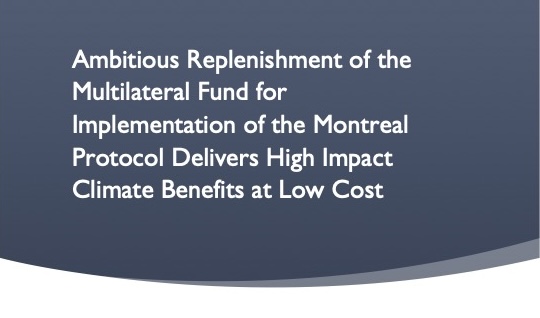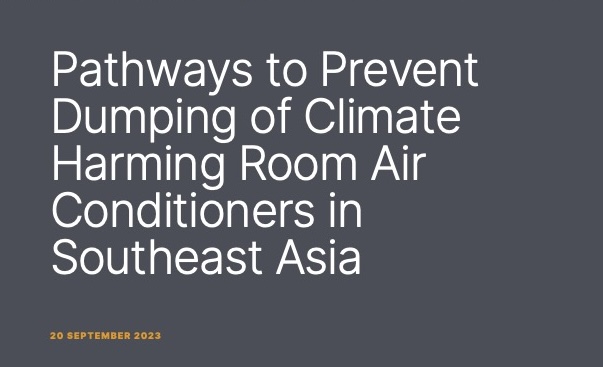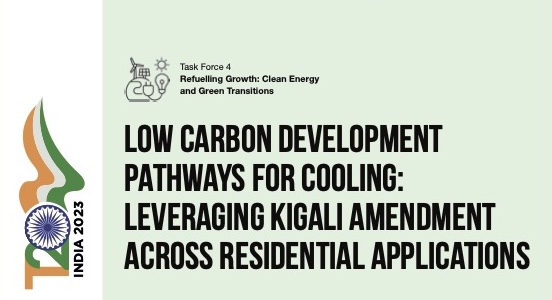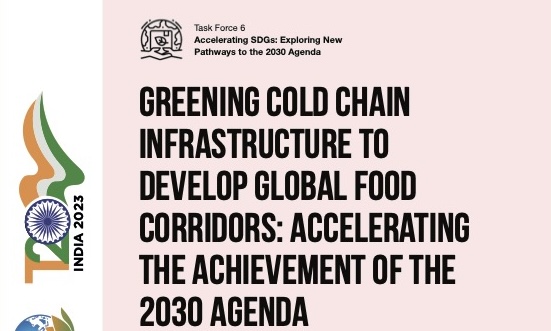Speeding Ghana’s Transition to Low-GWP and Energy-Efficient Cooling

This paper describes how the Ghana Energy Commission and the Environmental Protection Agency’s National Ozone Unit have joined forces in a comprehensive strategy to access and implement low-global warming potential (GWP) and energy-efficient cooling technologies that protect the Earth’s climate and stratospheric ozone layer. This strategy, in line with the objectives of the Montreal Protocol on Substances that Deplete the Ozone Layer (Montreal Protocol): 1) integrates upgraded energy efficiency labels with refrigerant metrics; 2) strengthens minimum energy performance standards (MEPS); 3) prohibits the dumping of used cooling appliances; 4) uses the OzonAction informal Prior Informed Consent (iPIC) mechanism to facilitate communications among national authorities on the import and sale of appliances containing or using obsolete refrigerants scheduled for phase out or phase down under the Montreal Protocol; and 6) asks Parties to the Montreal Protocol to enact and enforce regulations that help stop the dumping of used and new cooling equipment in export-market countries wanting to leapfrog obsolete appliances that waste energy and force climate change.







